
下载亿题库APP
联系电话:400-660-1360

下载亿题库APP
联系电话:400-660-1360

请谨慎保管和记忆你的密码,以免泄露和丢失

请谨慎保管和记忆你的密码,以免泄露和丢失

备考2020年ACCA考试的小伙伴注意啦,帮考网为了帮助大家备考,为大家准备了ACCA考试《公司法与商法》的试题,以供大家学习练习。
Question:
In relation to the TORT OF NEGLIGENCE, explain:
(a)the standard of care owed by one person to another;
(b)remoteness of damage.
Answer:
(a)The law does not require unreasonable steps to be taken to avoid breaching a duty of care. In legal terms, a breach of duty of care occurs if the defendant fails:
\'…… to do something which a reasonable man, guided upon those considerations which ordinarily regulate the conduct of human affairs, would do; or doing something which a prudent and reasonable man would not do.\' (Blyth v BirminghamWaterworks Co (1856))
Thus the fact that the defendant has acted less skilfully than the reasonable person would expect will usually result in a breach being established. This is the case even where the defendant is inexperienced in their particular trade or activity. For example, a learner driver must drive in the manner of a driver of skill, experience and care (Nettleship v Weston (1971)). However, the standard of care expected from a child may be lower than that of an adult (Mullin v Richards (1998)).
Clearly the degree, or standard, of care to be exercised by such a reasonable person will vary depending on circumstances, but the following factors will be taken into consideration in determining the issue:
(i)The seriousness of the risk
The degree of care must be balanced against the degree of risk involved if the defendant fails in their duty. It follows, therefore, that the greater the risk of injury or the more likely it is to occur, the more the defendant will have to do to fulfil their duty. The degree of care to be exercised by the defendant may be increased if the claimant is very young, old or less able bodied in some way. The rule is that \'you must take your victim as you find him\' (this is known as the egg-shell skull rule).
In Haley v London Electricity Board (1965) the defendants, in order to carry out repairs, had made a hole in the pavement. The precautions taken by the Electricity Board were sufficient to safeguard a sighted person, but Haley, who was blind, fell into the hole, striking his head on the pavement, and became deaf as a consequence. It was held that the Electricity Board was in breach of its duty of care to pedestrians. It had failed to ensure that the excavation was safe for all pedestrians, not just sighted persons. It was clearly not reasonably safe for blind persons, yet it was foreseeable that they might use the pavement.
The degree of risk has to be balanced against the social utility and importance of the defendant\'s activity. For example, in Watt v Hertfordshire CC (1954), the injury sustained by the plaintiff, a fireman, whilst getting to an emergency situation, was not accepted as being the result of a breach of duty of care as, in the circumstances, time was not available to take the measures which would have removed the risk.
(ii)Cost and practicability
Any foreseeable risk has to be balanced against the measures necessary to eliminate it. If the cost of these measures far outweighs the risk, the defendant will probably not be in breach of duty for failing to carry out those measures (Latimer v AEC Ltd (1952)).
(iii)Skilled persons
Individuals who hold themselves out as having particular skills are not judged against the standard of the reasonable person, but the reasonable person possessing the same professional skill as they purport to have (Roe v Minister of Health (1954)).
(b)The position in negligence is that the person ultimately liable in damages is only responsible to the extent that the loss sustained was considered not to be too remote. The test for remoteness was established in The Wagon Mound(No 1) (1961).
The defendants negligently allowed furnace oil to spill from a ship into Sydney harbour, which subsequently caused a fire, which spread to, and damaged, the plaintiff\'s wharf. Although the defendants were held to be in breach of their duty of care, they were only liable for the damage caused to the wharf and slipway through the fouling of the oil. They were not liable for the damage caused by fire because damage by fire was at that time unforeseeable (the oil had a high ignition point and it could not be foreseen that it would ignite on water).
以上是本次帮考网分享给大家的ACCA考试试题,备考的小伙伴抓紧时间练习一下吧。欲了解更多关于ACCA考试的试题,敬请关注帮考网!
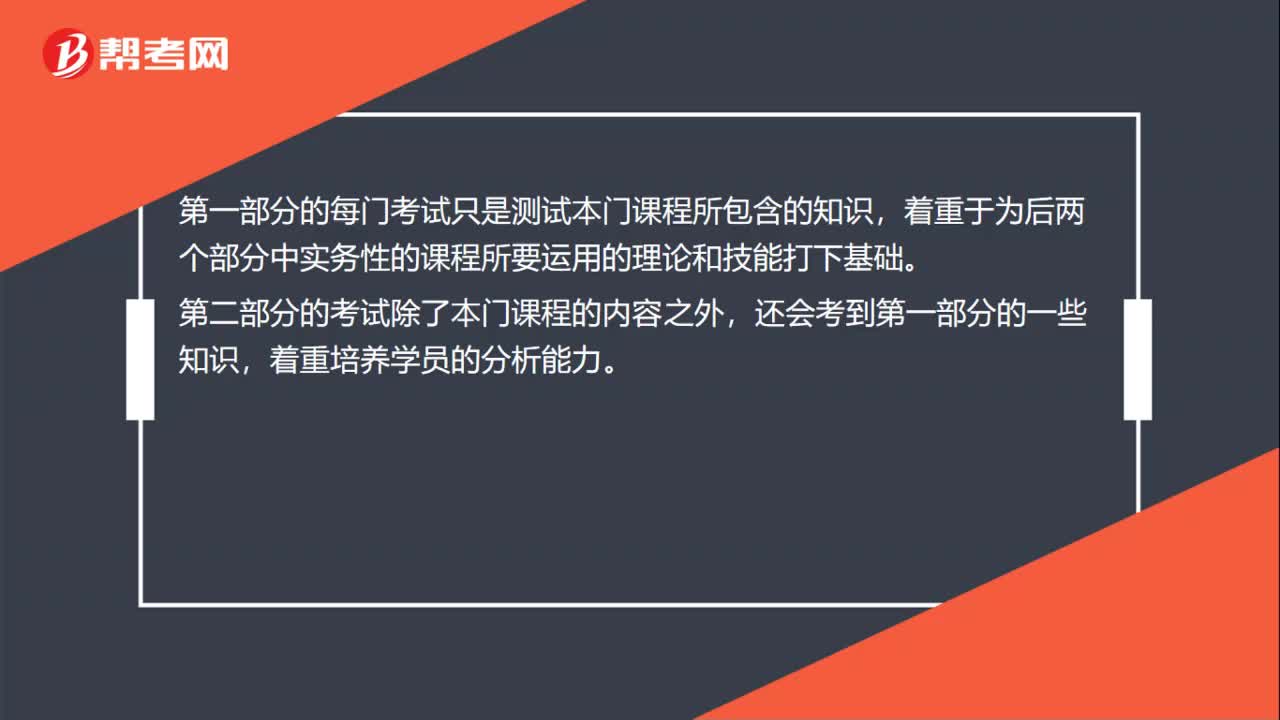 80
80ACCA考试难度大吗?:ACCA考试难度大吗?ACCA考试的难度是以英国大学学位考试的难度为标准,第一(f1-f3)、第二部分(f4-f9)的难度分别相当于学士学位高年级课程的考试难度,第三部分p阶段的考试相当于硕士学位最后阶段的考试。第一部分的每门考试只是测试本门课程所包含的知识,着重于为后两个部分中实务性的课程所要运用的理论和技能打下基础。第二部分的考试除了本门课程的内容之外。
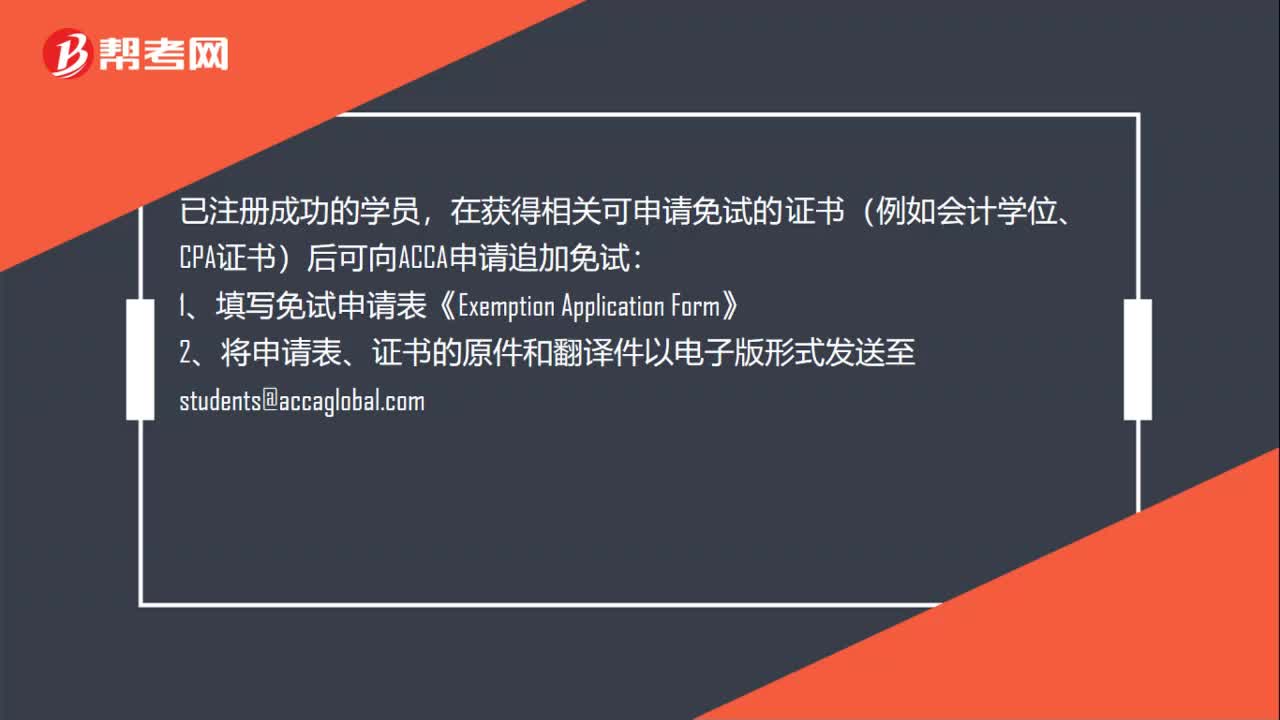 56
56ACCA考试怎么申请免考?:ACCA考试怎么申请免考?已注册成功的学员,在获得相关可申请免试的证书(例如会计学位、CPA证书)后可向ACCA申请追加免试:1、填写免试申请表《Exemption。2、将申请表、证书的原件和翻译件以电子版形式发送至students@accaglobal.com:3、请注意查收邮件或登录MYACCA学员账户查看免试信息,4、确认时间为5个月左右版;(例如,7月15日前提交申请12月考试生效
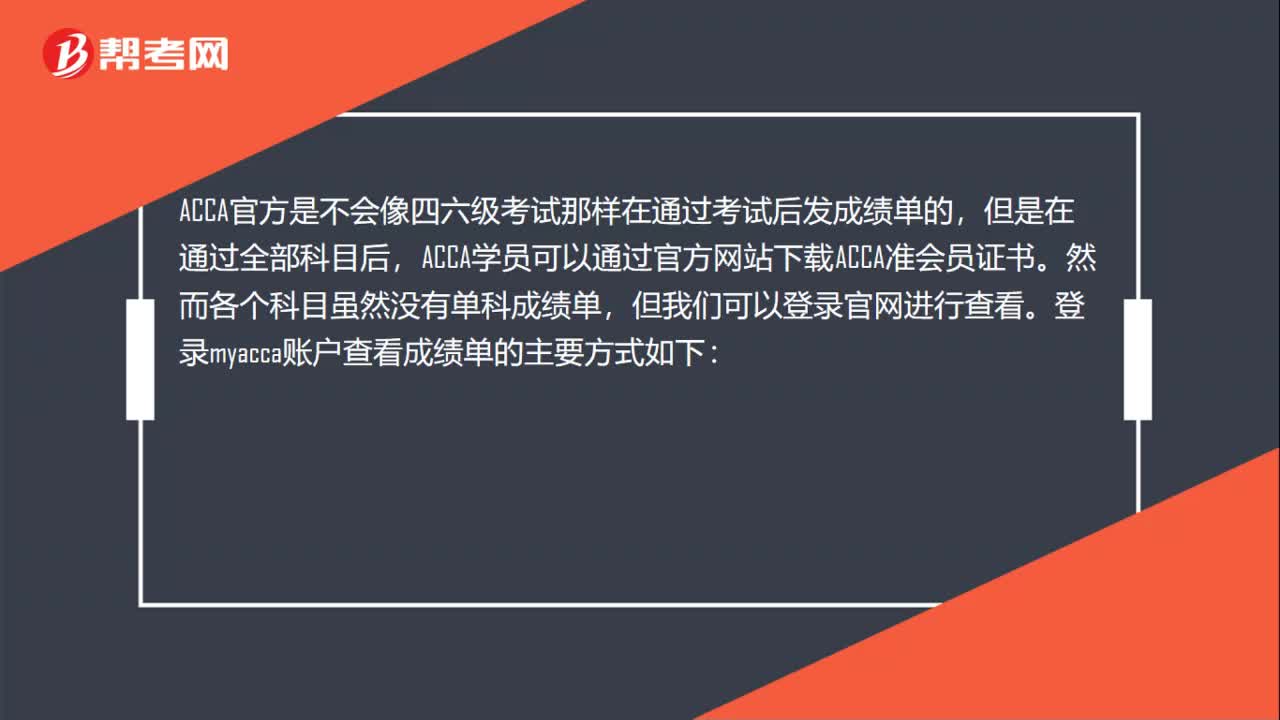 66
66ACCA考试有成绩单吗?:ACCA考试有成绩单吗?ACCA官方是不会像四六级考试那样在通过考试后发成绩单的,但是在通过全部科目后,ACCA学员可以通过官方网站下载ACCA准会员证书。然而各个科目虽然没有单科成绩单,但我们可以登录官网进行查看。登录myacca账户查看成绩单的主要方式如下:1、登陆ACCA官网accaglobal.com,进入学员个人页面;2、 输入个人的学员注册号码及密码后点击按钮“login”
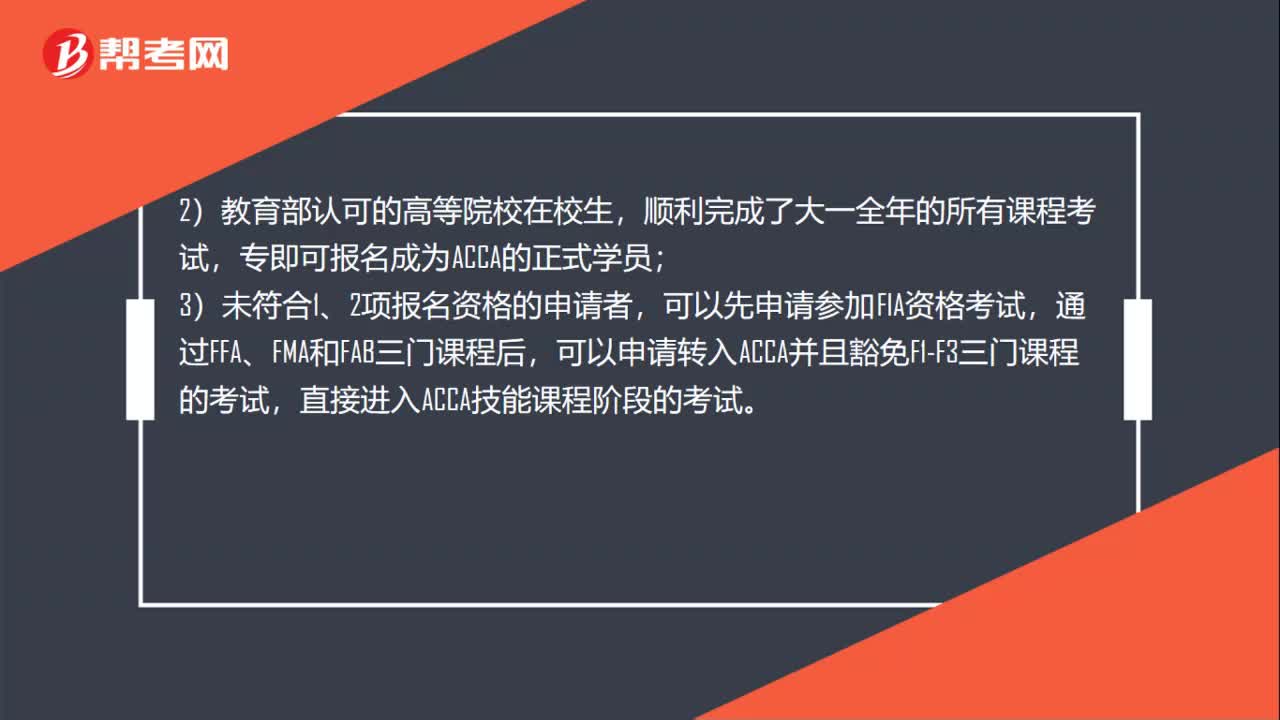 01:03
01:032020-06-04
 01:20
01:202020-06-04
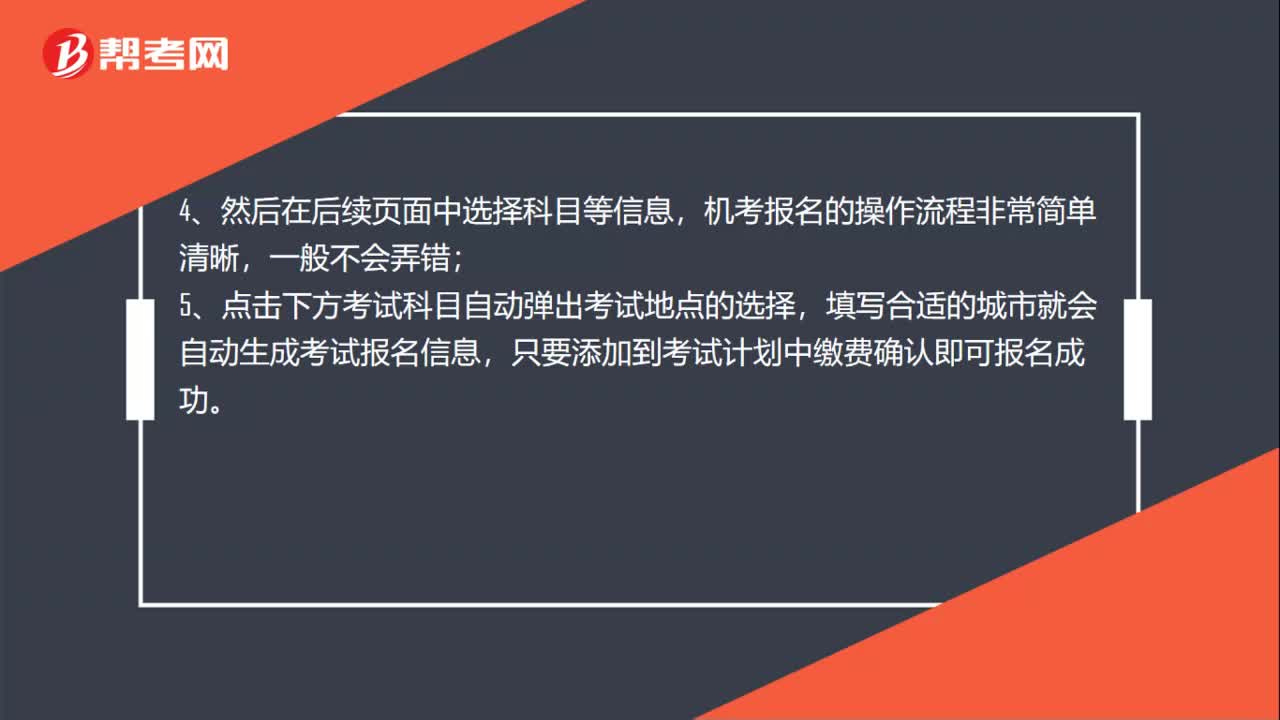 01:21
01:212020-06-04
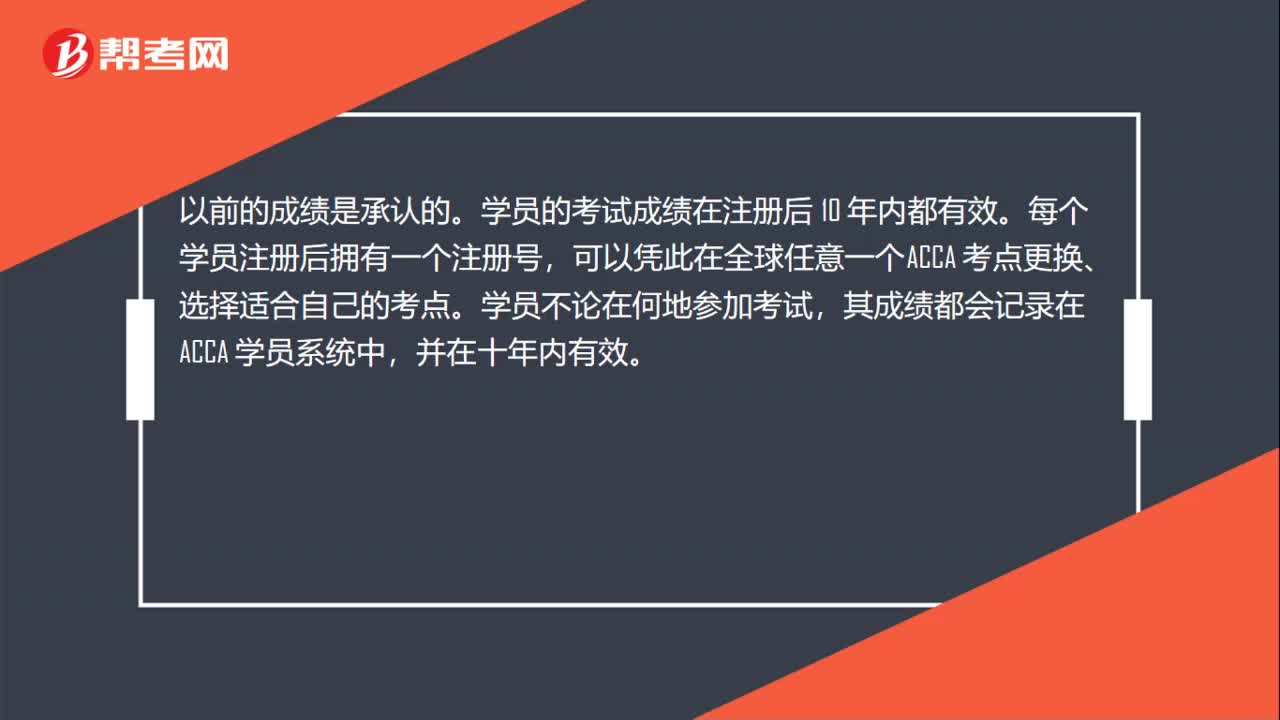 00:34
00:342020-06-04
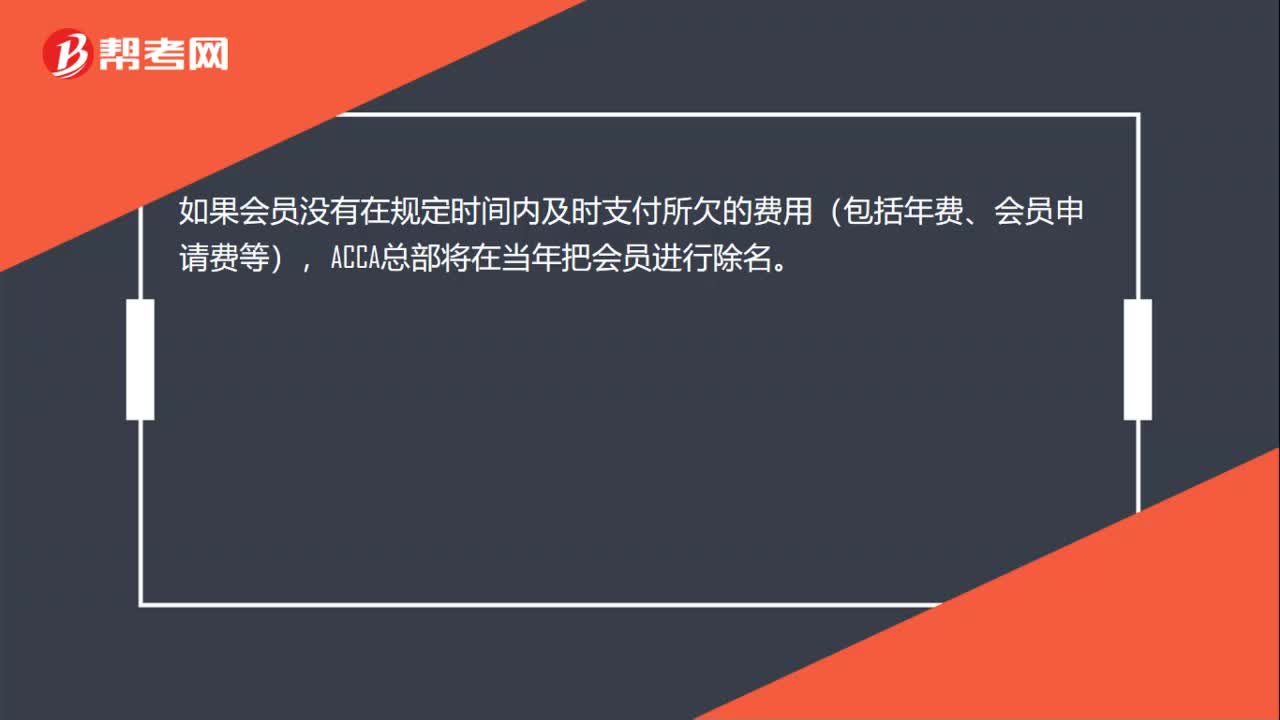 00:19
00:192020-06-04

微信扫码关注公众号
获取更多考试热门资料